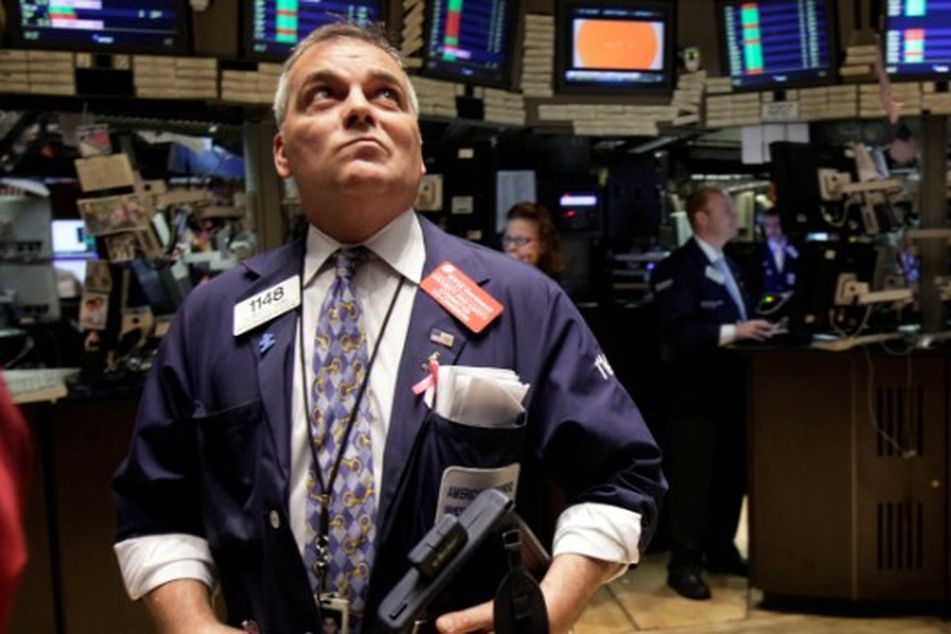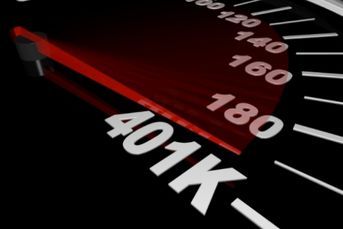<b>IN’s Cooper:</b> <i>Auf wiedersehen,</i> Big Board – and why crazy often makes sense

The effective demise of the New York Stock Exchange has important lessons for all of us.
Thirty years ago, I was manager of the news bureau at the New York Stock Exchange. Part of my job was to explain to the news media how the exchange worked and to shepherd print reporters and TV crews down to the exchange floor.
On the floor, I was responsible for keeping visiting journalists out of the way of traders and connecting them to the few articulate and thoughtful specialists and floor brokers on whom the PR department relied to tell the Big Board story. (During the reign of one chairman, my job also required that I ask TV crews not to shoot the littered exchange floor; the chairman said the NYSE was “paperless” and ordered the cameras not to notice otherwise.)
Believe me, after years of hearing how the NYSE was the greatest marketplace in the world — and learning how it really worked — the public story got a bit ripe.
It’s not that I thought the chief alternative to the NYSE at the time, Nasdaq, was any better. In my darker moments, I would joke that the difference between the Big Board and Nasdaq was that at the former, listed companies had one crook as a market maker, and at Nasdaq, it had six — if they were lucky.
What I came to see was that the whole elaborate and expensive stock-trading structure existed largely for the benefit of the market makers, traders and the securities industry. If the public benefitted, that was fine — and great from PR and government-relations perspectives — but largely incidental.
But even in the early 1980s, there was no reason the whole caboodle couldn’t have been replaced by computers. There were many times when I was down on the magnificent, cavernous NYSE floor that I thought, “Gee, this could become the world’s largest McDonald’s.”
Well, 30 years have passed, and thanks to today’s announcement about the merger of the Deutsche Börse and NYSE Euronext, my musings are getting closer to being realized.
Believe me, I’m sad to see the NYSE go. And when they finally convert 11 Wall Street to a restaurant or hotel or some other use, I’ll be even sadder. But it was time.
The effective demise of the New York Stock Exchange has important lessons for all of us.
The chief one, I believe, is that despite our innovation and creativity, our wealth has helped calcify American society. Despite the recent hue and cry over the federal deficit, our elected officials continue to act liked spoiled children of privilege.
In the private sector, corporate America is not much better. Executives at our giant companies act like grandees, making sure they are first in line at the corporate till. Worse, since they are more bureaucrats than visionary capitalists, they tend to be obsessed with how they look in the short term rather than what will work over the long term.
As a result, they would rather milk their current money-making activities than invest in new technologies or ventures that would cannibalize their existing lucrative franchises. What’s more, they bet on the future only when they feel confident there is little or no risk (ever notice how government subsidies have become practically de rigueur to incentivize them?) As a result, we have billions and billions of dollars accumulating on corporate balance sheets.
Going back to the NYSE example, it was clear to me 30 years ago (and I’m sure to many others smarter than me) that it would make sense for the owners of the exchange — the floor traders, specialists and “upstairs” firms such as Merrill Lynch and Goldman Sachs — to make money from owning the computers that did the trading instead of getting paid for actually do the trading themselves. That’s what eventually happened, of course, but it took decades to occur because the old system was so lucrative, it was crazy to give it up.
Why do you think the floor lionized Richard Grasso, despite the king’s ransom he earned as head of the exchange for so many years? He kept the old system going as long as possible, tarting up opening-bell ceremonies and adding computer support to keep the old geezer looking modern. That kept the money flowing to entrenched interests as long as possible.
I’m under no delusion that the new German-American company that will operate the exchange exists for the benefit of the stock-trading public. But competition and technology will force it to perform its essential stock- and securities-swapping functions more efficiently than the system in place 30 years ago.
Back then, it would have seemed crazy for the NYSE to give up its human-based operating model and switch to computers. But crazy sometimes becomes reality.
Learn more about reprints and licensing for this article.






